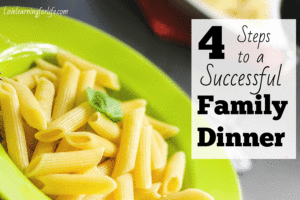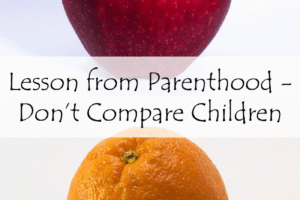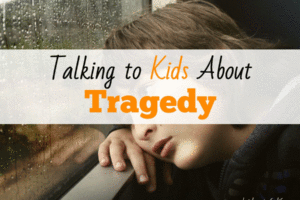The Best Way to Teach Kids to Say, “I’m Sorry”
But how often does that really happen? Maybe it happens at your house but at mine, not so much.
More often than not, I step in right before blood is drawn and ask both parties to apologize to one another. Through clenched teeth, shooting venom out their eyes, the children mutter words that might be “I’m sorry” or they might be “I’m going to shove a stick in your eye when mom isn’t looking.”
Siblings
To be a realistic parent, you have to assume that children are going to fight. It’s part of life. Parents don’t have to like it, I don’t, but having realistic expectations is part of getting through parenthood with your sanity intact. Encouraging and teaching your children how to get along with one another is a skill they’ll need for the rest of their lives.
What I find more maddening than the fighting, is the lack of remorse and truly heartfelt apologies that come when they know they’ve deeply hurt one another. As a mother, my heart aches when my kids hurt, and when my children hurt one another, it’s that much worse.
Please don’t think my children are horrible little monsters because they aren’t. In general, they are sweet and thoughtful to one another but we all have our bad days and so do kids. Having observed them in their natural habitat for the last 12 years, I have found the best way to get my kids to honestly and sincerely not only apologize to one another but also to me when they have done something hurtful.
It Begins with Me
You know what the funny part is? It begins with me, the parent. Sometimes, in my haste to accomplish something, like getting the kids to church on time, I may raise my voice or get irritated. Sometimes justly, sometimes…I’m in a bad mood.
Getting children to sincerely care about the feelings of others begins with the example that parents set for them. When I have behaved badly, irrationally, or without thought, I have to swallow my pride and apologize to my children or spouse – sincerely and without excuses. I have to show them how to apologize through my example.
I’m Sorry is Hard Work
It’s hard to admit when we are wrong, especially to our children. I want my children to think I’m perfect, even though I know they don’t. I mean, how many times can you eat burnt chicken nuggets and still think the person is perfect?
However, I have noticed that the sincerity with which my children apologize to one another and to me increases as I am willing to openly acknowledge my mistakes to my children. Providing an example gives them a way to see how and what to say when apologizing.
It takes work and humility to acknowledge our mistakes. Sometimes I do well at it and catch myself quickly, followed by an apology. Other times, I don’t do so well. Maybe, sometimes, I don’t apologize when I should. The key is to keep trying. When you feel yourself fighting to say ‘I’m sorry’ when you know you should, remember that you’ll be more likely to hear an ‘I’m sorry’ from your children at the appropriate times.
I have watched my children behave irrationally and get angry with one another or myself only to come back and apologize without me forcing them to. Most of the time, they use the exact words I have used myself when I’ve apologized to them. They’re getting it.
That’s a parenting win.





Leave a Reply
Share your thoughts.